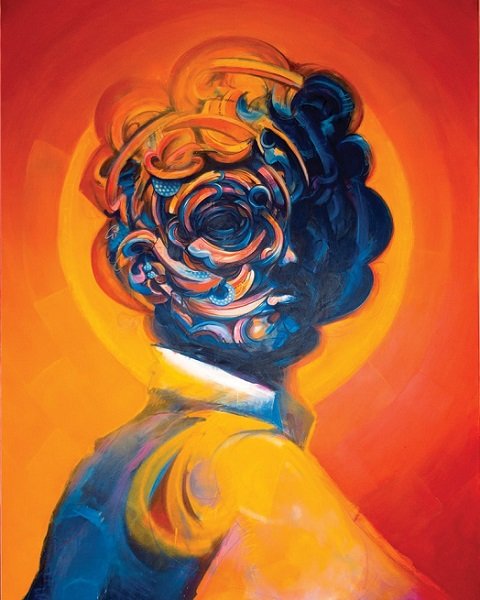Some thoughts about the humanistic theory of personality /part 9/
The unconditional positive attitude is crucial to the self-development of a child's full personality, regardless of how it behaves. The main factors are the reactions and assessments of other significant people for it, usually it is the mother. Parental disapproval of part of the behavior is perceived as a total rejection of the whole of his being. It understands what is approved and what is not. Sharpening his sensitivity and forming a behavior that would trigger a reaction - he wants to enjoy it, hence he is getting away from himself, trying to be what other people want, not what he is.
The built circuit is introduced into the life of maturity. These are defenses that restrict freedom, and the natural self can not fully manifest itself - an incompatibility between self-image and behavior. Unconditional positive attitude does not mean no limitation. It is important how they are placed. Rogers formed his own theory of man's mental development.He does not restrict his understanding of the human psyche solely to personal manifestations. It is primarily composed of the manifestations of the human organism as a whole. In his concept, the notions of "organism" and "personality" are sufficiently differentiated. The organism and the personality are characteristics of the person himself. Through them, man not only manifests himself, but carries out his self-regulation of the organism and the personal manifestations.
Man's ability to self-regulate enables him to be in harmony with himself and the surrounding people. The nature of the freely functioning person is creative and trustworthy. The more one reaches his own uniqueness, and becomes himself, the more he socializes himself in accordance with reality. Rogers' views are opposed to Behaviorist. Creative personality is open to the world. She believes in her abilities to form new relationships with the lovers. According to Rogers, being in harmony with your own culture does not mean to adapt to it, but to find in it means to satisfy the deepest personal needs. Rogers shows that ultimate conformism leads to personal pathology. According to him, disharmony or rigidity is a loss of one's own self. It arises when the true values of man are attained and replaced by false. If a person loses his self-esteem, he loses his "self". Rogers identifies the person as a gestalt, formed by the perceptions of the properties of the Self and the incarnations of the relationships of the Self with other people and the different aspects of life, as well as the values associated with these perceptions.
He distinguishes the "I" as the structure of the personality and the ideal I, i. what man wants to be. Thus, the structure of the personality, according to him, is something built into the individual's ideas. In the process of the emergence and development of experience, the whole organization of self and personality changes, the personality structure is revealed in the experience.

To listen to the audio version of this article click on the play image.

Brought to you by @tts. If you find it useful please consider upvoting this reply.